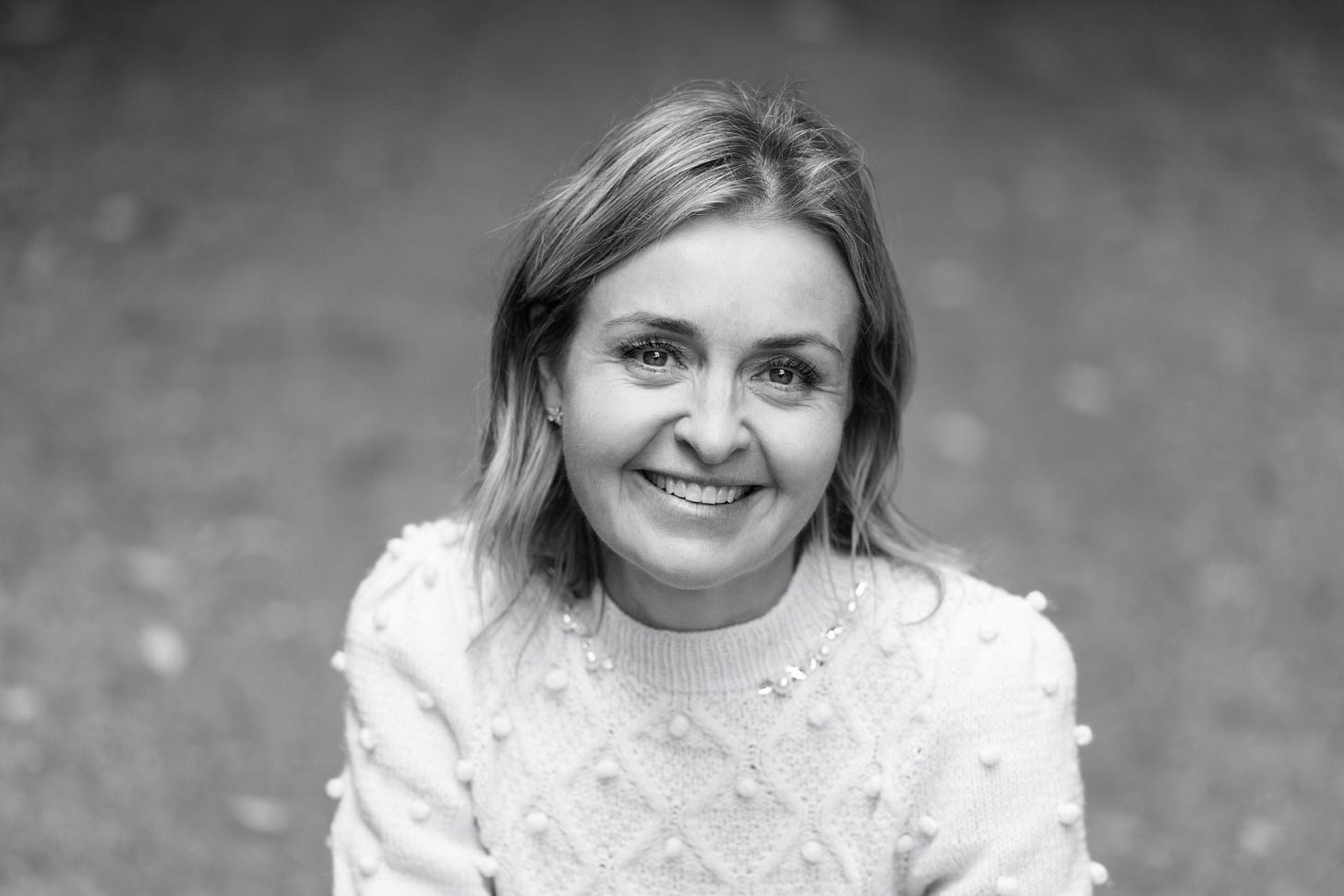NATO's NIF Names Erin Hallock Its Newest Partner
NIF's sole female partner comes from bp Ventures and is bringing industrial and climate tech investing into the mix
2025 has been a year of change for the NATO Innovation Fund, the €1 billion+ investor that counts 24 NATO countries as primary LPs. After cycling out all but one of its original investing partners and appointing Dame Fiona Murray as its new chair, today NIF is adding one more name to the mix. Erin Hallock is joining NIF as its newest partner, the sole woman in the current mix alongside existing partners Patrick Schneider-Sikorsky, Ulrich Quay, and Sander Verbrugge.
Hallock is joining after several years with bp Ventures, the corporate investment arm of the energy giant. She’ll be bringing some of that immediate experience to the role at NIF. A big focus, she said in an interview with Resilience Media, will be on startups enabling industrial development and deep tech plays that are related to that.
bp, she said, backed startups in a few different areas strategic to the company’s interests. Most of the startups in the current portfolio work on concepts to enable what she describes as “energy transition” plus technologies to offset the ecological impact of the more traditional energy production and usage that forms the vast majority of bp’s business.
Other startups in the portfolio fall into the more general category of tech, but in ways that that are adjacent to bp’s direct interests, which include fleet management startups and the autonomous driving startup Oxa (formerly known as Oxbotica).
There is a significant overlap between what Hallock looked at at bp and the focus of NIF, not least because a lot of what might used to be called “climate tech” today might be described as energy transition (as Hallock termed it), with the overall category often today being called more generally “resilience tech.”
That’s not a rebrand for the sake of it, in Hallock’s view; it’s a reflection of how the world is changing geopolitically and economically.
“You’ve seen a lot of climate tech funds rebrand as resilience funds, or broadening their investment scope to look at resilience,” she said in the interview. “But the reality is that the threats that we face, the boundaries of warfare, are very different from what we learned and read about in textbooks in school [years back]. It’s very much about our infrastructure, it’s about our digital assets.”
That means a stronger emphasis on startups building technology to improve industrial processes, which are not only important for critical industries but for making the hardware that the new generation of defence tech companies (also backed by NIF) are aiming to produce.
That is very much part of the reasoning behind her appointment, it seems. “We are thrilled to welcome Erin to the partnership,” said Murray in a statement. “Her track record in deep tech investing, combined with her operational acumen, will help the innovators we are backing move beyond proof-of-concept to industrial-scale deployment. This is necessary to close the innovation-to-adoption gap and deliver technologies that strengthen the Alliance’s technological edge.”
It will be worth watching whether more of these firms start to appear in NIF’s portfolio.
A bolder look at resilience, she added, has to include more deep tech. This is already a big priority for NIF, so what this could mean is looking for deep tech opportunities in industrial and critical industry capacities.
Indeed, for investors and founders, deep tech has come to mean not simply innovation without a specific commercial end point in site, but primarily technology where commercial applications have been identified, even if the tech has yet to be completely figured out (quantum computing is a prime example of that).
“Deep tech addresses some of our biggest challenges,” she said.
Another key part of Hallock’s experience that she is bringing to NIF is that she has invested “in probably every stage of private capital except infrastructure,” she said.
That has included, she said, “buyouts, distressed asset finance, and every stage of tech investing from seed to late-stage.” (Prior to bp, she also held roles at BGF and Barclays Bank.)
Today NIF has largely focused on earlier stages and backing other investment funds, but as Schneider-Sikorsky hinted in an interview with Resilience Media in August, we could see an expansion of which stages it backs in the future, not least because NIF may well soon raise beyond the €1 billion it announced at launch in 2023.
That could give a new partner with a new and resource-intensive focus a lot of runway.


